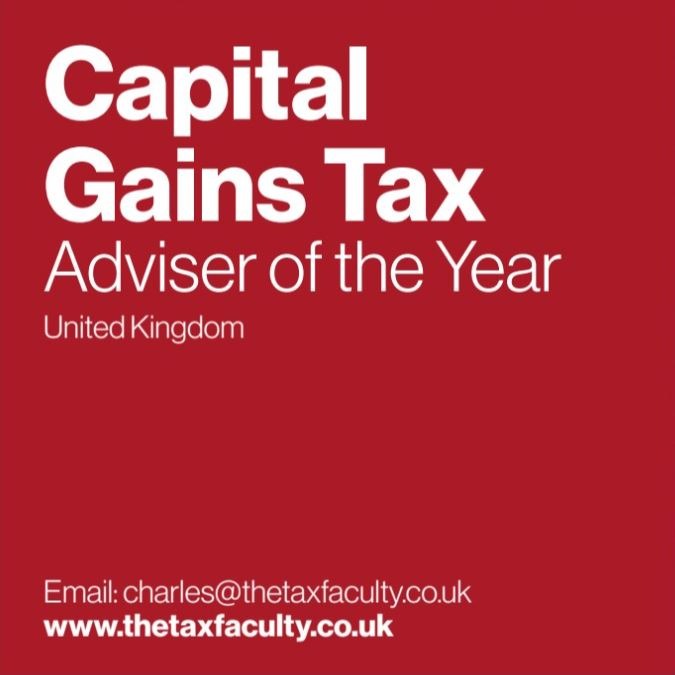“Britannia for Sale?” Reform’s £250,000 Non-Dom Card Pledges Cash for the Poorest 💥 Could this new proposal fix the UK’s tax exodus — or cost billions more than it raises?
Reform UK’s proposed £250,000 “Britannia Card” is grabbing headlines — promising tax breaks for non-doms while giving a direct cash injection to low-income workers. But is this a clever tax solution or an economic gamble? We unpack the policy, the politics, and the implications for the UK tax landscape.
TAXPAYERREFORMBRITANNIA CARDENTREPRENEURSNON-DOM
The Tax Faculty
6/24/20253 min read


What Is the Britannia Card?
Reform UK has proposed a new approach to attracting non-domiciled individuals back to the UK: the Britannia Card. In exchange for a £250,000 payment, foreign nationals would be offered extensive tax benefits including:
No tax on foreign earnings, gains, or wealth
No inheritance tax on foreign assets
A 10-year renewable residence permit
What makes the scheme unusual is where the money goes. Reform says the full £250,000 from each Britannia Card would be distributed directly to the UK’s lowest-earning full-time workers — those earning under £23,000 per year. Party leader Nigel Farage claims this could benefit up to 2.5 million people, with projected revenues between £1.5bn and £2.5bn.
The Rationale Behind the Proposal
According to Farage, the current tax regime for non-doms has become too hostile, driving wealth creators and entrepreneurs away from the UK. He argues that political messaging has become “anti-success” and that tax policy has ignored the realities of global mobility.
With estimates suggesting the number of UK non-doms has dropped from around 150,000 a decade ago to fewer than 70,000 today, Reform’s policy aims to reverse this trend by offering financial certainty and tax efficiency.
Zia Yusuf, chairman of Reform UK, adds that these wealthy individuals “must contribute immediately to the prosperity of the country,” positioning the card as both an economic stimulus and a tool for social redistribution.
A Tax Regime Reimagined — But for Whom?
The tax profession has reacted with cautious interest. James Ward, Head of Private Client at Kingsley Napley, describes the proposal as “more generous than the current regime” and likely to enhance the UK’s international competitiveness — especially in light of Labour’s recent changes to inheritance tax for non-doms.
However, some key concerns have also been raised:
Current non-doms may be left out of the new benefits entirely.
The flat £250,000 entry cost could deter skilled professionals and younger entrepreneurs who may not have that level of capital up front.
Critics like Dan Neidle of Tax Policy Associates warn it could cost the UK £34bn over five years, depending on uptake and behavioural responses.
The Broader Implications
This proposal marks a significant departure from the direction of recent UK tax policy, which has leaned toward reducing tax privileges for foreign wealth. Reform UK is clearly positioning itself as the party of fiscal pragmatism and economic incentive.
Yet serious questions remain:
Will this attract the right individuals — or simply offer a loophole for the ultra-wealthy?
Can the scheme deliver enough long-term economic activity to outweigh the short-term loss of tax base?
Is this a sustainable model, or just an election-season headline grab?
Conclusion
The Britannia Card has sparked fresh debate around how the UK should treat foreign wealth and mobile high earners. Whether it’s a viable fiscal strategy or not, the proposal forces a reassessment of how tax incentives intersect with fairness, growth, and national priorities.
Tax professionals should monitor closely — not just to understand potential client impacts, but to engage in the wider debate on the future of the UK’s international tax competitiveness.
Capital Gains Tax Expertise: The Tax Faculty LLP Managing Partner Charles Tateson Named UK Capital Gains Tax Advisor of the Year 2023
The Finance Monthly Taxation Awards recognises the achievements of tax professionals from around the globe.
Winning such an award is no small feat. It is a reflection of hard work, extensive knowledge, and an ability to navigate the intricacies of the UK tax system.
Read more about Charles and the award here.



Contact Us
Contact us today on freephone 0800 0016 878 for a free consultation on all tax issues, or fill out the handy form below and we'll get back to you as soon as possible.
Alternatively, you can email us at info@thetaxfaculty.co.uk or complete the form below.
(Please note, non-UK callers may need to call 0207 101 3845 if your line cannot connect to our 0800 number)
Feel free to contact us through WhatsApp - we accept calls and messages.
Simply click the WhatsApp button below:
The Tax Faculty LLP - info@thetaxfaculty.co.uk
Call us on 0800 0016 878 for a free consultation
Copyright © 2024 The Tax Faculty LLP - All Rights Reserved


